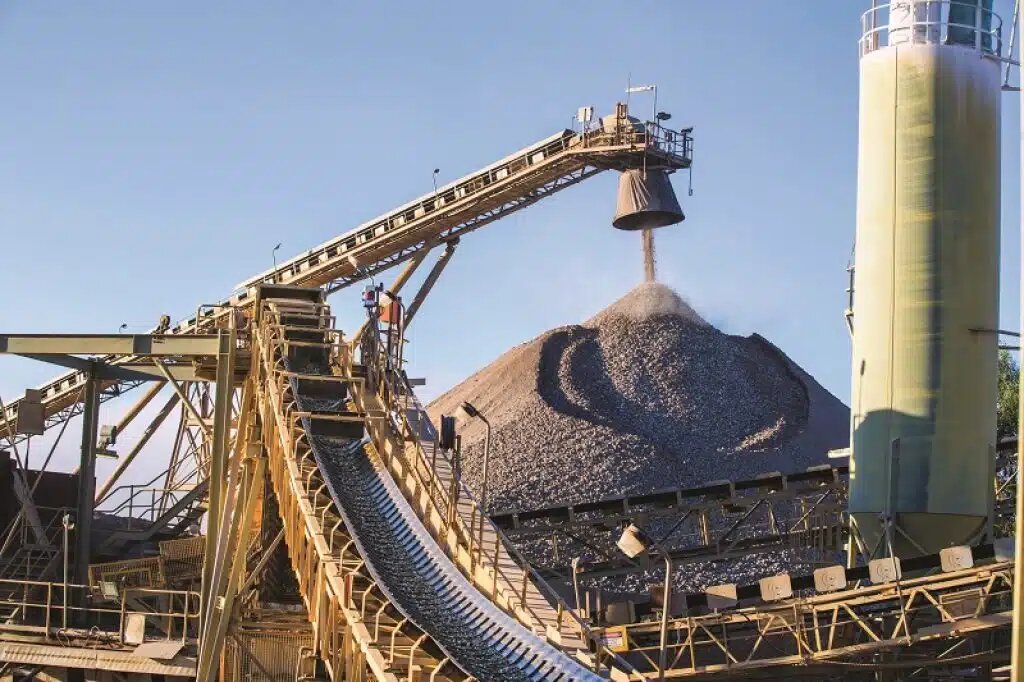The World Bank has called for an additional $30 trillion investment to achieve global net-zero emissions by 2050, highlighting significant challenges for hard-to-decarbonize industries such as cement, steel, aviation, and heavy manufacturing.
In its Net-Zero Industry Tracker 2024 Edition report, the Bank warned that without this investment, efforts to transition these critical sectors to low-carbon alternatives could stall. These industries account for 45% of the total $67 trillion required for the global net-zero transition.
Despite some progress in reducing emissions intensity and energy consumption, the report noted that the sectors face immense barriers, including high operational costs and limited commercially viable technologies. The Bank emphasized the need for returns sufficient to attract the 80% increase in energy transition investments required.
Emerging technologies like generative artificial intelligence could enhance capital efficiency by 5–7%, potentially reducing the investment gap by $1.5–$2 trillion. However, achieving net-zero targets will also require stronger policy support and cross-regional collaboration.
With many hard-to-abate industries already operating on thin profit margins, the report urged policymakers to implement incentives that align with the needs of businesses, energy providers, and consumers to sustain the transition while maintaining profitability.









